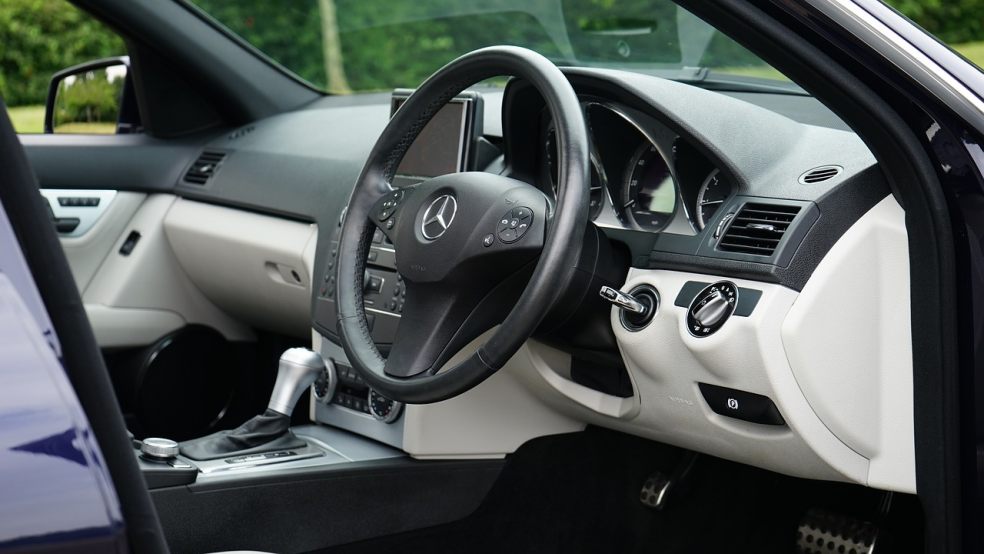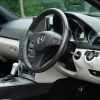
Discover the vehicles that are the most reliable
Discover the vehicles that are the most reliable
One of the strongest justifications drivers have for wanting new cars, or at least, cars less than five years old, is reliability. And it’s true that as cars get older, neglected maintenance, component aged and mishaps can introduce a greater chance of a breakdown. Compared to just a few years ago, though, cars have become much more reliable.
When you’re browsing the thousands of used cars for sale in the UK however, there’s some handy data around to help you pick the most reliable used cars. And we don’t just mean older models – when new designs introduce new flaws, and there’s a bad component you need replacing under warranty on a nearly-new car it can be just as frustrating as that overlooked cambelt snapping or clutch failure.
Who knows what breaks?
Professional drivers – for nearly-new and new cars
You can look at recall data, but that only covers manufacturing defects. You could look at forums, but those are often populated by enthusiasts who fix, or break, their own cars with varying levels of skill. A fleet operator, however, gets to see reliability proven by high-mileage drivers, day-in, day-out. Fleet News, the contract hire and leasing industry magazine, gathers data from hundreds of fleet managers in the UK to find out which cars are the most reliable.
Warranty companies – for older used cars
Warrantywise offers used-car extended warranties to private buyers and dealers, so you could already have one of its policies; they even cover fleets. Usefully, it shares claims data, though it only covers popular cars so they have enough information to see if a car is reliable or not.
Which used car should you buy for reliability?
It won’t be a big surprise to find out that Japanese cars provide the best reliability. Lexus is particularly notable, and that is worth remembering when looking at lower-mileage cars over five years old. Toyota and Lexus offer 12 months extended warranty with the annual main dealer service, up to ten years and 100,000 miles, so a used Lexus could be the most dependable car you buy.
Mitsubishi’s compact SUV, the ASX, also performs well, and of course the Honda Jazz is in the top three most reliable used cars. Mazda also appears, though there’s one car keeping the top five from being all Japanese brands.
The unexpected interloper is the Dacia Sandero. This simple, practical, and affordable car doesn’t have much to go wrong, but what it does have is rather essential to getting places, so it’s reassuring to see it scoring so well.
Volkswagen makes it into the most reliable group as well, though it’s in the shape of the Up which like the Dacia, has very little to go wrong in the first place. More impressive is the Ford Ecosport; despite being one of Ford’s cheapest models it’s had few claims, and what it has had has been relatively inexpensive.
For electric buyers, the most popular second hand EV also proves to be relatively reliable. Nissan Leaf buyers appear to claim for faulty mirrors and 12V electrical systems, rather than the expensive and unfamiliar technology beneath.
What tends to go wrong?
Every car is different, though the theme is generally ‘electrical systems’, which could be anything from a faulty control module or relay to a full ECU. The only worrying mention in the Warrantywise’s top 10 is the Suzuki Alto, which while reliable enough to make it into that last slot, has claims relating to the gearbox. With so many used cars and brands to choose from, perhaps that’s one to make sure you have a warranty with before you buy it.
What about nearly-new cars?
Perhaps unsurprisingly, the highest-rated car for reliability in fleets is the BMW 3 Series, and BMW is the highest rated manufacturer. That’s not just a case of there being more BMWs out there, if anything, the number of 3 Series in the hands of company car drivers would show more faults. The Honda Civic, Audi A3 and A4 and Volkswagen Golf make up the rest of the top five.
For private buyers the good news is that the ever-popular Nissan Qashqai is also reliable, and of course, the Toyota Corolla maintains its reputation for reliability. Fans of larger cars should look to the Volkswagen Passat and BMW 5 Series, and the Mercedes C-Class is also promising.
Are there any used cars to avoid?
There’s a substantial gap in the pool of twenty reliable cars we’ve looked at here. Peugeot, Citroen, Fiat and Vauxhall are notable by their absence, particularly when the Corsa is one of the best-selling cars in Britain. This may be that people trust Corsas so much they don’t buy third-party warranties, of course.
Generally, though, the cars to avoid are not a particular brand, but a particle-ular era, and those particles are being emitted by diesels. During the period between Euro 4 and Euro 6 emissions – from 2006 to 2019 – manufacturers wrestled with taming the NOx, soot and CO2 pumped out by the most popular, most economical cars on the market, as cheaply as they could.
The systems attached, from DPF (particulate filters) to EGR (exhaust gas recirculation) and early AdBlue/DEF catalytic reduction were developed in a rush, cheated to gain advantageous CO2 readings, and need frequent maintenance when traditionally, drivers associate diesels with long-lived ruggedness and neglect. Emissions system faults are an MOT fail and can be expensive to rectify, or worse, can cause catastrophic failure of the engine.
For the most reliable older used cars, we would choose Japanese or German brands, and petrol (or hybrid) engines. We’d only recommend older diesels with a full and comprehensive history, backed up by a good track record of passing emissions every year when you check the MOT history online. It’s worth remembering that pre-Euro 6 diesels are subject to ULEZ charges as well, whereas petrol cars can be the older Euro 4 standard.

















